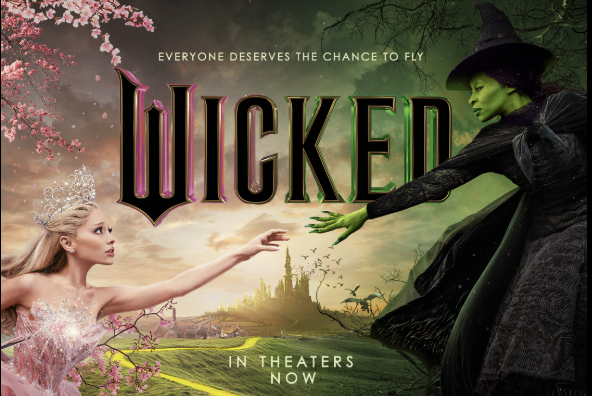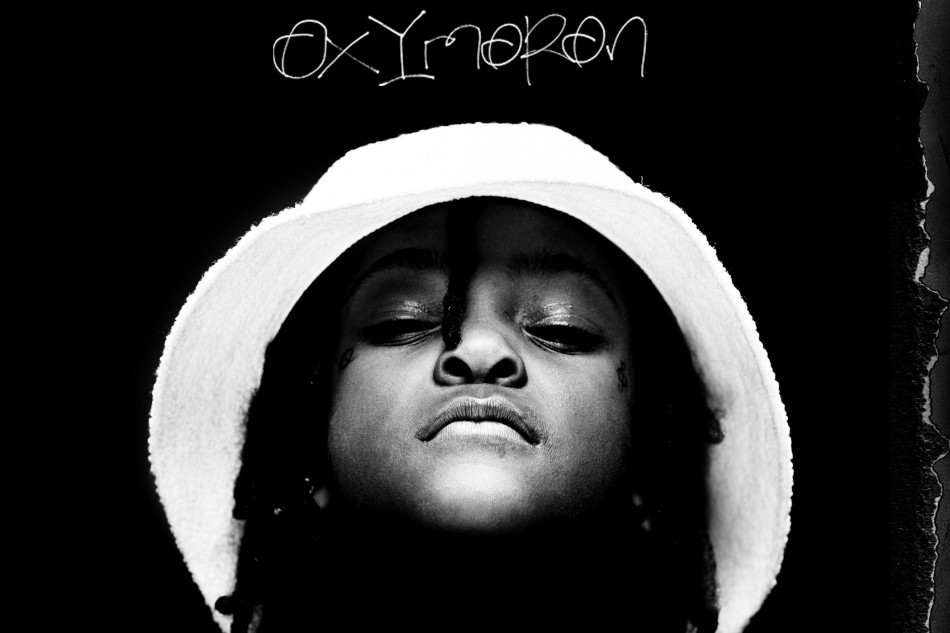SchoolBoy Q exhibits realism and originality on latest album
Schoolboy Q exhibits truth and humanity in “Oxymoron” by confessing his past addictions, shining light on his traumatic childhood, and sharing the numerous struggles and hoops he went through to provide for his daughter.
SchoolBoy Q’s sound uses strong imagery to tell a story.
Twenty months in the making, Schoolboy Q’s highly-anticipated new album, “Oxymoron,” was released to the public on February 25. Quincy Matthew Hanley, known by his stage name Schoolboy Q, kept a strong hold of his position as Top Dawg Entertainment label’s strongest tie to unorthodox hip-hop with this release.
Schoolboy Q teamed up with Pharrell, Clams Casino, and Tyler, the Creator to produce the banging beats on his album. Surprisingly, he did not collaborate with longtime musical friend and partner, A$AP Rocky; however, one of the two exclusive tracks featured on Target’s deluxe edition, “Californication,” has the duo teaming up to create a lyrically polished and popping hit.
Although he failed to incorporate his old friend, Rocky, Schoolboy Q snagged an abundance of features on the album that add to the depth of the music without taking away from his lyrics. “Collard Greens,” a track where luxury and soul food are mashed together, features hip-hop superstar Kendrick Lamar, who gifts listeners with an entire verse in Spanish. He also joins forces with other Black Hippy partner, Jay Rock, on “Los Awesome,” a song sampling a hard gangster beat. Other notable features include 2 Chainz, BJ the Chicago Kid, Raekwon, and Suga Free.
If a listener goes into “Oxymoron” expecting to hear conscious or abstract lyrics, he or she will be disappointed. Schoolboy Q, apart from his labelmates Kendrick Lamar and Ab-Soul, raps more about sex, partying, and throwing one’s hands in the air, while vividly describing his life growing up. He welcomes listeners into his life, sharing stories about his life as a gangster that he has never told before while analyzing his thuggish past. This is an achievement that only a few artists have been able to accomplish.
Throughout the entire album, Q leaves listeners with chills running down their spines, with his ability to illustrate a picture of what it was like for him growing up on Hoover Street. In the track “Hoover Street,” he references his drug addict of an uncle and horribly violent ice cream truck stickups, depicting a rough and difficult life. Just when music fans think his history could not get any worse, he digs deeper into his personal problems before the fame, shedding light on his depression.
In the song, “Prescription/Oxymoron,” he tells how he would ignore calls from his mother and daughter but answer calls from his drug dealer. His daughter, Joy, is seen multiple times in the album, similar to how Hailie was featured and talked about on Marshall Mathers’, “The Eminem Show.” Like Hailie with her father, Joy is there to back her father up and give him a reason to keep moving forward. Her presence shows what the album is all about, which is the tight-walk between Heaven and Hell.
Schoolboy Q exhibits truth and humanity in “Oxymoron” by confessing his past addictions, shining light on his traumatic childhood, and sharing the numerous struggles and hoops he went through to provide for his daughter. Rather than looking for his fans to forgive him or feel sorry for him, he simply wants listeners to understand his life and what aided him in shaping himself into a successful artist.










































